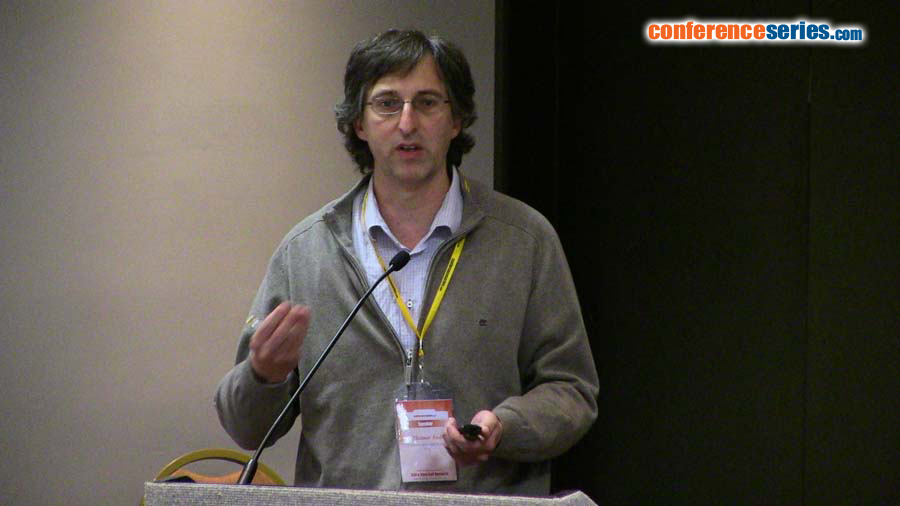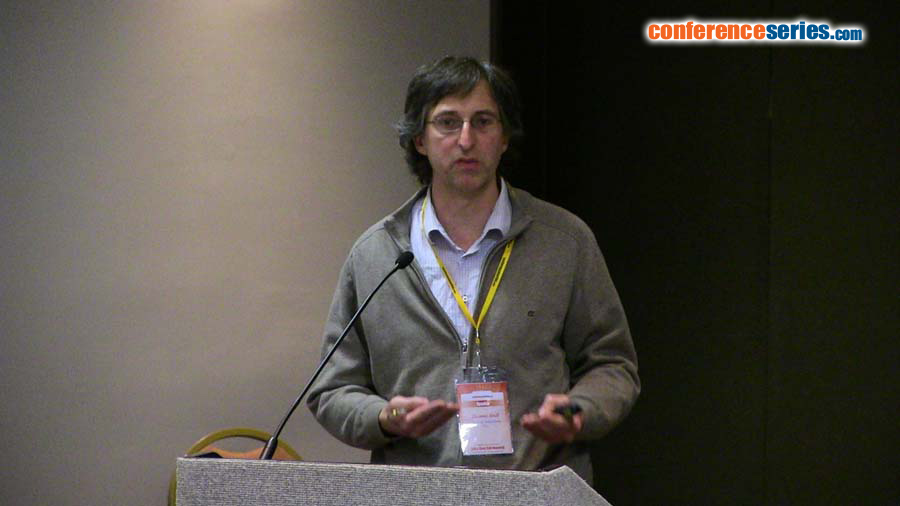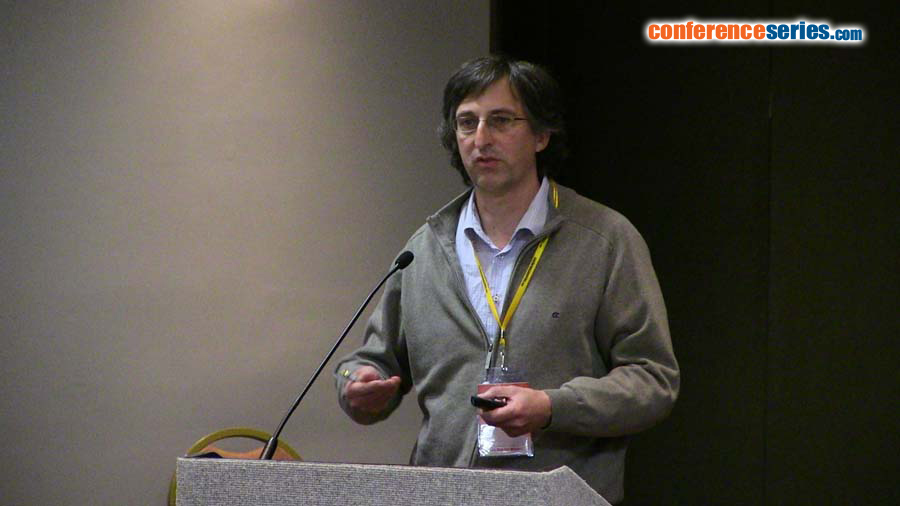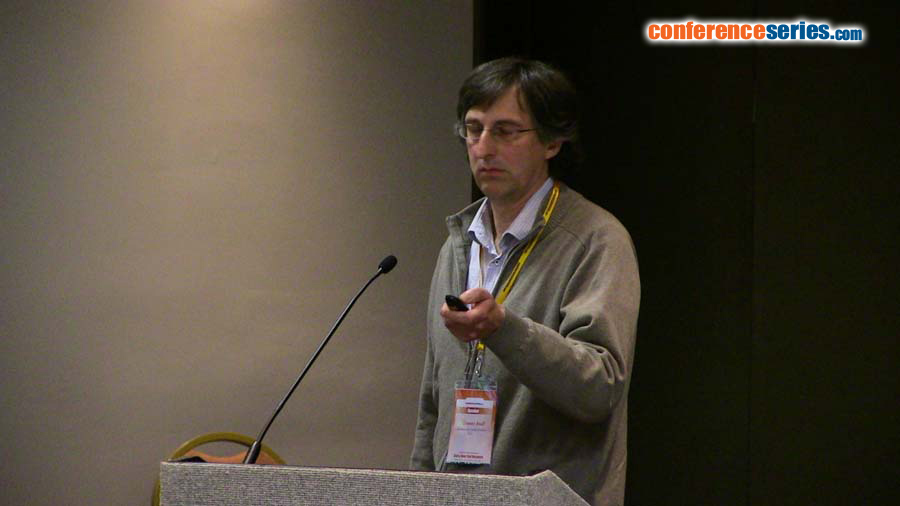
Thomas Andl
University of Central Florida, USA
Title: Squamous epithelia as a paradigm to define the role of stem cells quiescence for longevity
Biography
Biography: Thomas Andl
Abstract
Adult tissue stem cells maintain tissues throughout life. Therefore, there may be quantitative and qualitative differences in the stem cells of short-lived and long-lived mammals. We hypothesized that one adaptation to longevity could reside within the stem cell compartment, e.g. by enhancing the quality and integrity of the stem cell pool through increased stem cell quiescence and repair. Using squamous epithelia as model systems to explore our stem cell quality-longevity hypothesis, we show that the pattern of proliferation in human oral mucosa fundamentally differs from most other mammals. In contrast to mouse squamous epithelia, proliferation in humans is absent from the basal cell layer and over 90% of proliferating cells are found in the first suprabasal cell layer(s). Therefore, human squamous epithelia have a quiescent basal cell layer that traditionally is viewed as the stem cell layer. The relative proliferative activity of the basal cell layer is correlated with short-livedness in mammals and basal cell quiescence to our knowledge is the only other characteristic that correlates with longevity in addition to body size. Next, we defined the characteristics of this quiescent basal cell layer. Key features in addition to its quiescence are TGF beta expression signatures, polycomb repressor complex 1 (PRC1) expression, expression of a set of well know apoptosis protectors and Hippo signaling components. In a 3D squamous epithelial reconstruct TGF beta signaling was able to induce quiescent basal cell markers supporting a role of this signaling pathway in establishing or maintaining quiescent stem cells in human squamous epithelia.




